TORONTO, March 27, 2019 — With Toronto City Council set to debate a motion to move forward with a proposal for yet another increase to the Municipal Land Transfer Tax (MLTT), at their meeting today, the Toronto Real Estate Board (TREB) is cautioning that the strategy is risky and could have unintended consequences on already challenged home buyers. TREB has articulated its concerns in a detailed letter sent to Mayor Tory and all City Councillors in advance of their meeting today.
“TREB’s Member REALTORS® understand the housing challenges facing our city and we commend Mayor Tory and City Council for efforts to address these issues, specifically the Housing Now initiative which is focused on adding more housing supply. TREB strongly believes that current housing challenges are largely a result of inadequate housing supply and we encourage City Council to focus its efforts on this aspect of the issue,” said Garry Bhaura, TREB President. “We urge City Council to be cautious with the proposal to increase the Municipal Land Transfer Tax on higher-priced properties to fund the City’s Housing Allowance Program.”
TREB is responding to a motion, to be considered at today’s City Council meeting, which asks for City staff to report back with a plan to increase the MLTT on higher-priced properties as an option for funding the City’s Housing Allowance Program.
“The MLTT is subject to market fluctuations, which makes it an unpredictable revenue source that is inappropriate for funding social services like the housing allowance program. City Hall is still dealing with the 2018 MLTT shortfall, which is expected to have finished 2018 with a deficit of almost $100 million. For years, City staff have been advising City Council to rely less on the MLTT instead of more,” said John DiMichele, TREB’s Chief Executive Officer.
TREB’s letter to City Council points out that while sales of homes priced at $3 million or more have been increasing in recent years, it is not realistic to rely on this trend to continue indefinitely. These sales appear to have peaked in April 2017 and have dropped dramatically since then, dropping by 32% in 2018 over 2017 with this trend continuing in the first two months of 2019.
“It is important to point out that, just two years ago, City Council increased the LTT on all home buyers by an additional 0.5 percentage point and added an additional upper tier rate of 0.5% on homes priced over $2 million. Continuous increases to the MLTT is an unsustainable and risky fiscal strategy for the City,” said Von Palmer, TREB’s Chief Communications and Government Affairs Officer.
While current proposals are focused on higher-priced properties, TREB is also warning about the potential impact of this proposal on lower-priced properties.
“The real estate market functions as a continuum. Policies that impact certain price points can have a trickle-down effect by influencing move-up decisions of home-buyers, thereby preventing the supply of lower-priced properties from being freed-up for other home buyers,” said Jason Mercer, TREB’s Director of Market Analysis.
Anecdotal and statistical evidence suggests that the MLTT has a direct impact on mobility. TREB’s members often cite many examples of home owners who choose not to move, in part because of the high costs of the MLTT. In two separate studies, the C.D. Howe Institute found that the MLTT directly impacted mobility and thereby reduced the number of homes sold by 16% annually. That is, if not for the MLTT, it is expected that there would be 16% more homes available for purchase each year.
